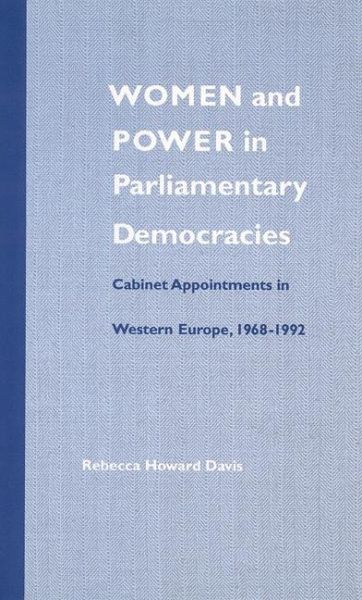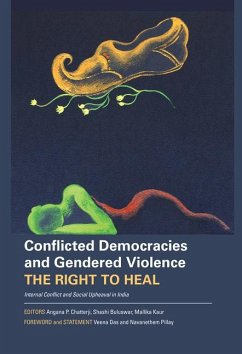
Women and Power in Parliamentary Democracies
Cabinet Appointments in Western Europe, 1968-1992
Versandkostenfrei!
Versandfertig in über 4 Wochen
57,99 €
inkl. MwSt.

PAYBACK Punkte
29 °P sammeln!
Why do women, who make up more than half of the world's population, occupy so few positions at the highest levels of political power? Why are women making inroads in government in some countries while not in others? And what difference does women's presence - or absence - make in terms of policy outcomes? Davis addresses these questions by examining women's access to power through appointive channels in Western European parliamentary and parliamentary-type systems. Tracing women's participation from 1968 to 1992 in fifteen countries, she accounts for the variation from high levels of women's r...
Why do women, who make up more than half of the world's population, occupy so few positions at the highest levels of political power? Why are women making inroads in government in some countries while not in others? And what difference does women's presence - or absence - make in terms of policy outcomes? Davis addresses these questions by examining women's access to power through appointive channels in Western European parliamentary and parliamentary-type systems. Tracing women's participation from 1968 to 1992 in fifteen countries, she accounts for the variation from high levels of women's representation in Norway and Sweden to low levels in Italy and Britain. Little research on women and elections extends beyond the United States and Britain. Even less exists on women's access to power through appointive channels. By comparatively examining the elite recruitment of women through appointments, this work fills a critical gap.












